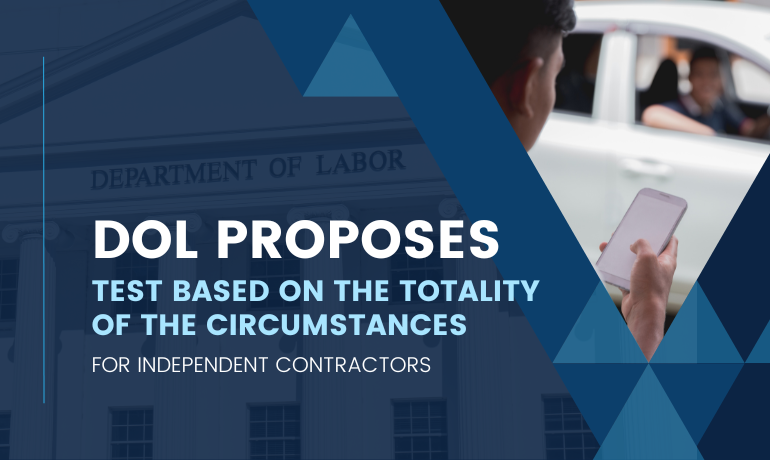We’re almost halfway through 2018, and the HR compliance landscape isn’t getting any less cluttered. The Ban-the-Box movement, now fully ignited, continues to sweep through state legislatures like wildfire, and it’s looking like salary history inquiry bans aren’t far behind. A Supreme Court decision on workplace arbitration settles some old questions and raises some new ones. FCRA class actions reach a fever pitch amidst some high-profile, high-dollar settlements. Unsure how to sort through it all? True Hire is here to help.
Ban the Box Round-up
I would say that if you haven’t heard of “ban the box” by now you’ve been living under a rock, but with almost two-thirds of the US population living in a ban-the-box jurisdiction, even rock-dwelling Americans are likely covered by one of these laws at this point. The legislative movement, which aims to reduce employment barriers for people with criminal records, began in the late 90’s and has spread in some form to 31 states and over 150 cities in the ensuing years. While the specifics vary from one place to the next, the laws generally prohibit employers from asking about criminal records until a certain point in the hiring process – often after the interview or a conditional offer – and usually set ground rules for how criminal records should impact the decision to hire. Jurisdictions that have passed or added to their ban the box legislation in 2018 include California, Washington, and the cities of Wilmington, NC; Spokane, WA; and Kansas City, MO. The National Employment Law Project has put together a convenient breakdown of these laws by jurisdiction.
Salary History – to Ask or Not to Ask
While Ban-the-Box aims to level the playing field for those with criminal records, a separate recent legislative trend takes aim at another systemic issue in the employment universe – the gender pay gap. The idea is a simple one. Employers often use applicants’ current or past wages to set the salary for their new postions. For women, who have historically earned less than men for doing the same job, this means that lower pay tends to follow them from one job to the next, making gender pay equity an elusive goal for HR and business leaders. These laws generally bar employers from asking about pay history and/or using past salary info to set pay in the event the candidate offers it up voluntarily. Some laws also require employers to provide candidates with pay scale information if they ask for it. Some form of salary history inquiry bans exists in California, Delaware, New Jersey, Oregon, Puerto Rico, New York City and a number of municipalities. Massachusetts, Vermont and Connecticut are set to join the list over the next year. Despite the popularity of this legislative trend, it hasn’t been implemented without some contention. A federal district court judge in Pennsylvania recently struck down a portion of Philadelphia’s law that banned employers from inquiring about salary history, arguing that the ban was a violation of the first amendment; however, the decision did uphold the portion of the law that barred employers from relying on previous salary to set pay. In a separate ruling, the Ninth Circuit Court of Appeals decided that salary history can’t be used to justify wage gaps between men and women. Suffice to say, this won’t be the last the courts hear about salary history. Ban the Dollar Sign, anyone?
Class Actions Come, and Class Actions Go
True Hire has been keeping a close eye on some high profile class-action suits, and we’re starting to see some big settlements. Pet supply retail giant Petco recently settled a class-action suit for $1.2 million over allegations of improper authorization and disclosure practices. Frito-Lay just settled their own improper disclosure suit for $2.4 million. There are some pending class-actions involving Walmart and Home Depot we’re keeping an eye on as well. Want to take a guess at why those suits were filed? The lesson here is pretty simple for how big the price tag is: Use proper disclosure and authorization forms! It’s no surprise that FCRA lawsuits were up nearly 60% for the month of February, with 153 class-actions filed in that month alone. Some relief could be on the horizon after the Supreme Court ruled in favor class action waivers in arbitration agreements earlier this week. This news is sure to open several cans of worms for employers, so we’d probably advise against tearing up your legally compliant disclosure forms for legally flippant ones.
As we get ready to coast down the other side of 2018, we’re sure to see plenty of new HR compliance developments. Keep an eye out for more updates from True Hire, and don’t forget to check out our monthly webinars.
Note: As always, we suggest you consult your legal counsel to determine how exactly these laws affect your business.




